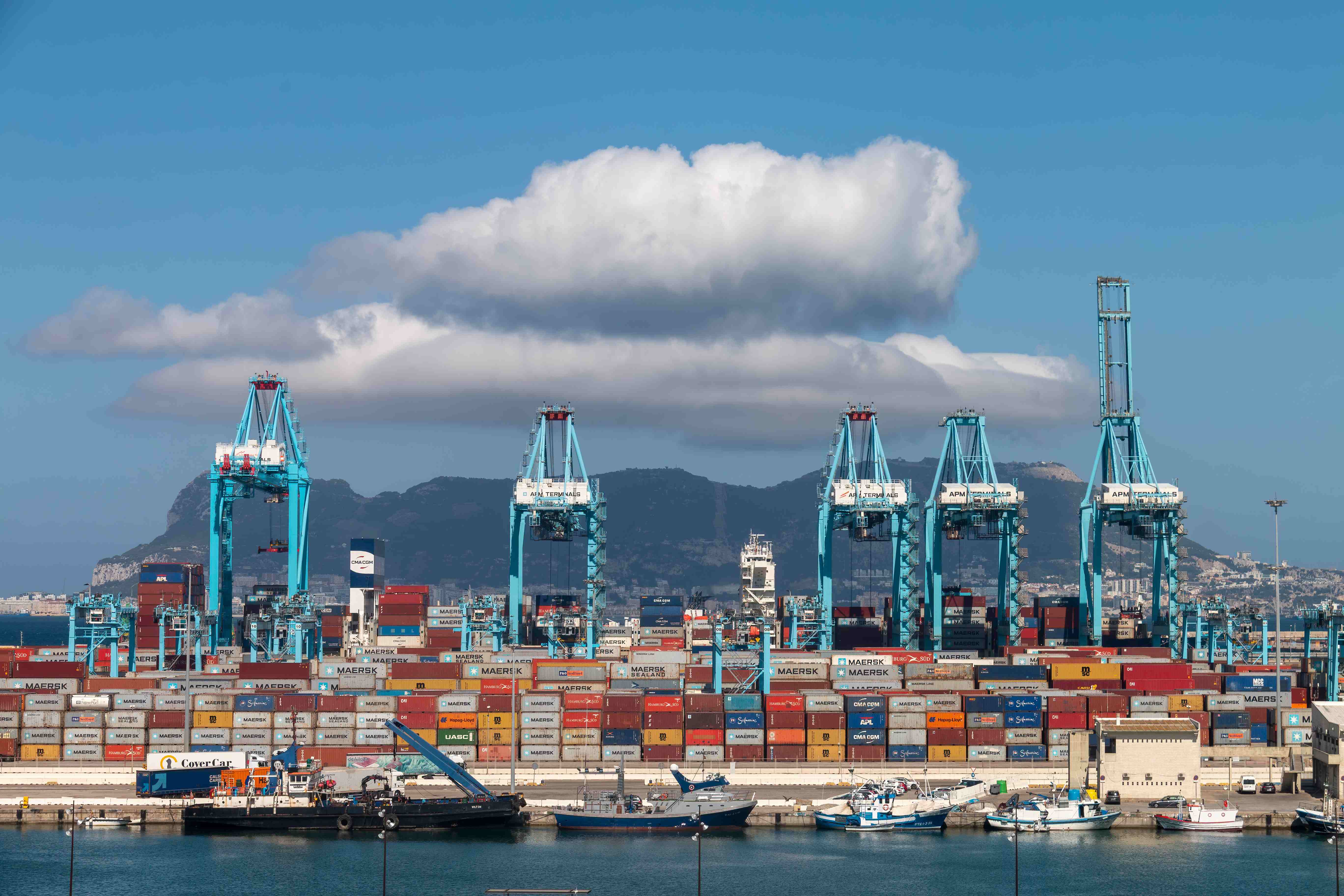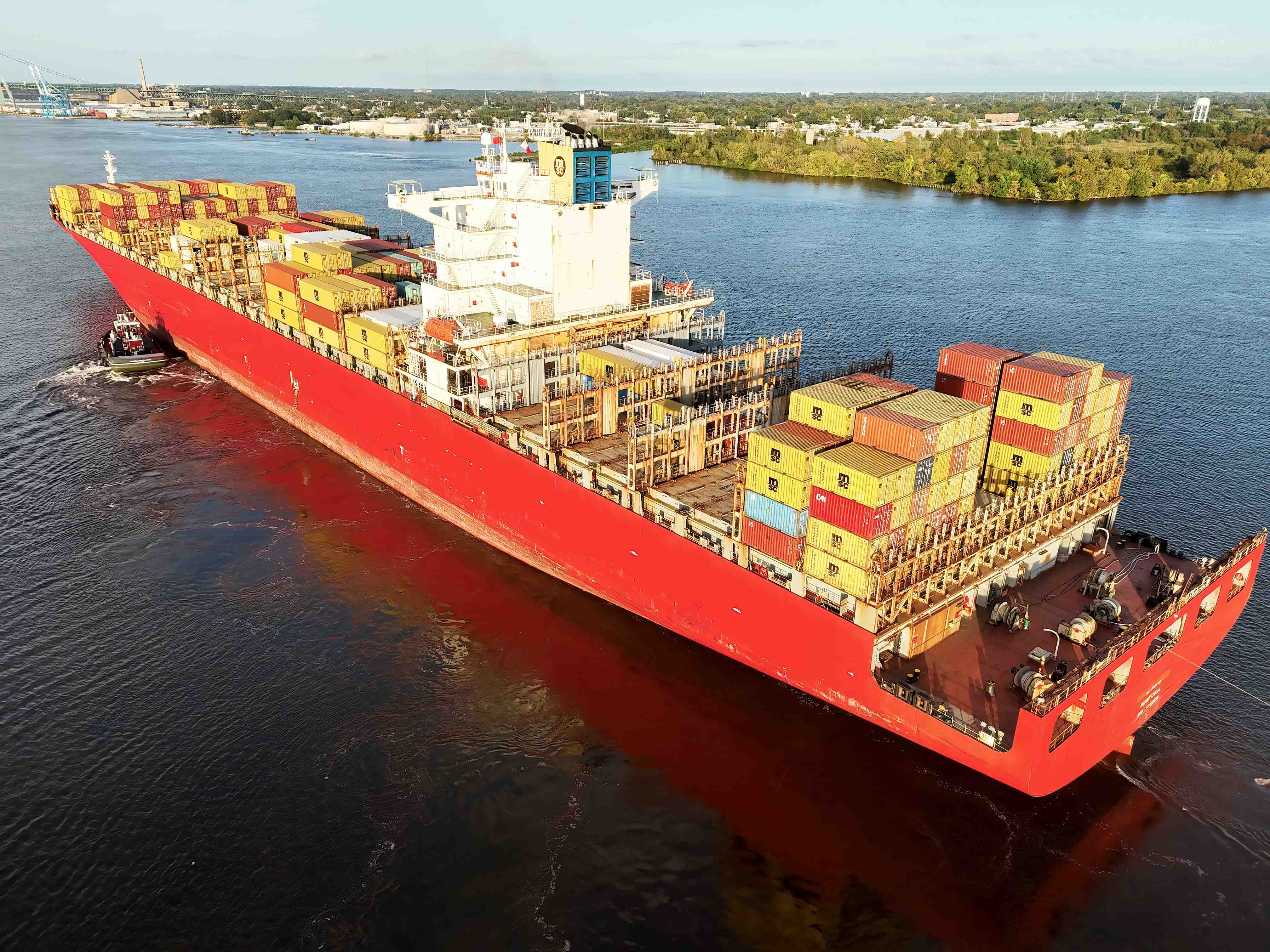
Uncertainties around key parts of the EU Emissions Trading System (ETS) have persisted even after the scheme’s entry into force in January, according to industry experts bracing for the new measure. Among the areas causing concern is the application of the ‘polluter pays’ principle, intended to enable shipowners to claim reimbursement for EU Allowances (EUA) surrendered for emissions on voyages for which charterers buy fuel or operate the vessel.
Anna Devereaux, Specialist Counsel at law firm Wikborg Rein, pointed to the fact that EU Member States have been left to implement the loosely worded clause, leaving room for significant variation in regimes between supposedly harmonised jurisdictions. Under the ‘polluter pays’ clause, Member States must develop mechanisms to ensure that shipping companies can be reimbursed by charterers that are responsible for buying fuel or operating the ship. That opens up the possibility for varying jurisdictions.
In a separate clause, shipowners can mandate responsibility to the ISM Document of Compliance holder, usually the ship manager, which means that they may decide to mandate to a more favourable reimbursement regime. For example, a shipowner administered in Spain, whose vessel is managed by a company administered in Germany, may decide to mandate ETS compliance to the German reimbursement regime, if it is more favourable than the Spanish regime. Deveraux said: “There does need to be clarity as to how risk and responsibility is allocated.”
“The industry is still in the process of understanding issues such as who has the ultimate responsibility for compliance and how the reimbursement should be understood,” David Loosley, Secretary General and CEO of BIMCO, told ICS Leadership Insights. BIMCO has published five ETS clauses aiming to clarify responsibility between owners and charterers.
Speaking with ICS Leadership Insights, Alessio Sbraga, partner at international law firm HFW, stressed a similar lack of clarity when it comes to identifying which EU Member States administering authority will be responsible for which shipping company. A list was due to be published by 1 February 2024. This means accounts for maritime operators needed to hold and surrender EU emission allowances are not able to be opened. “We are seeing shipping clients who are trying to be proactive but face difficulties with grappling with the new systems due to present regulatory uncertainties,” said Sbraga.
Jeremy Nixon, Chief Executive Officer of container line Ocean Network Express, told ICS Leadership Insights that recovering the ETS cost from cargo owners was also challenging. “Due to the complexity of the instrument, its conversion into a uniform surcharge recovery mechanism for our shippers is not straightforward,” he said.
For other operators, assessing the impact of alternative fuels on ETS exposure is proving challenging. Tom Strang, Senior Vice President, Maritime Affairs, Carnival Maritime, noted that lack of clarity over how the emissions intensity of biofuels will be verified was another concern.
“We don’t want to have multiple regional regulations,” Strang said. “There’s a lot of detail there. And frankly some of the actual legislation is very difficult to understand.”
Related content

ICS publishes highly anticipated Flag State Performance Table

Red Sea attacks join triple threat to global trade

Battery recycling process holds promise for sustainability improvement
